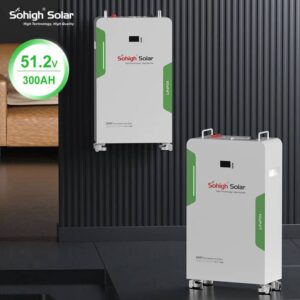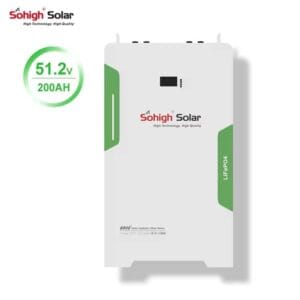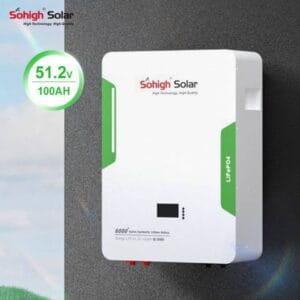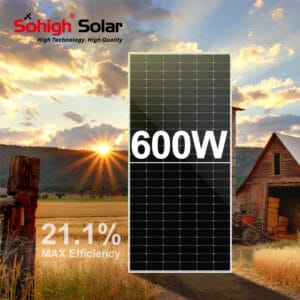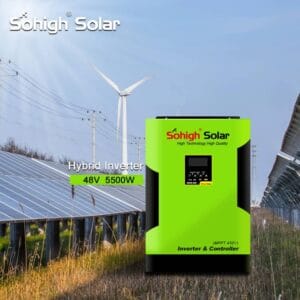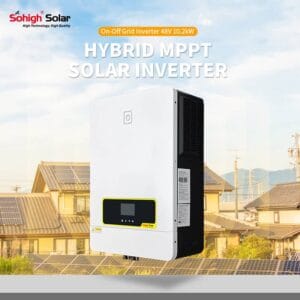How to Choose the Best Solar Panels?
Here are the basic factors to consider when choosing the best solar panels for your home.
Efficiency
You want to look for the solar panels with the best efficiency you can afford. The more efficient a solar panel is, the more efficiently the panel can absorb sunlight and convert it into energy. If you choose lower efficiency panels, you will need more panels to run your home. Although expensive upfront, investing in high-performance, high-efficiency solar panels will be a sound investment in an effective solar power system in the long run.
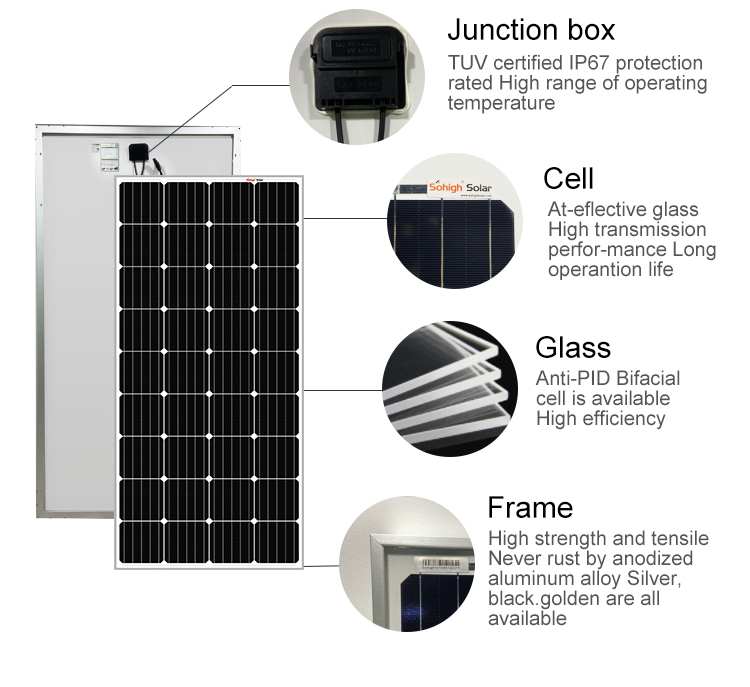
Warranty
The warranty period protects both the solar panel and its performance. The industry standard is a 10-year product warranty and a 25-year performance warranty. Solar panels typically last 20 years, according to the Federal Trade Commission. We recommend finding a solar company with at least a 20-year warranty to ensure your solar panels are protected throughout their lifetime.
According to Garrett Nilsen, acting director of the DOE Office of Solar Energy Technologies, it’s critical to ask installers about warranties and system maintenance. You should ask the installer for advice on keeping the system updated, as well as what’s in the agreement and how they honor the warranty.
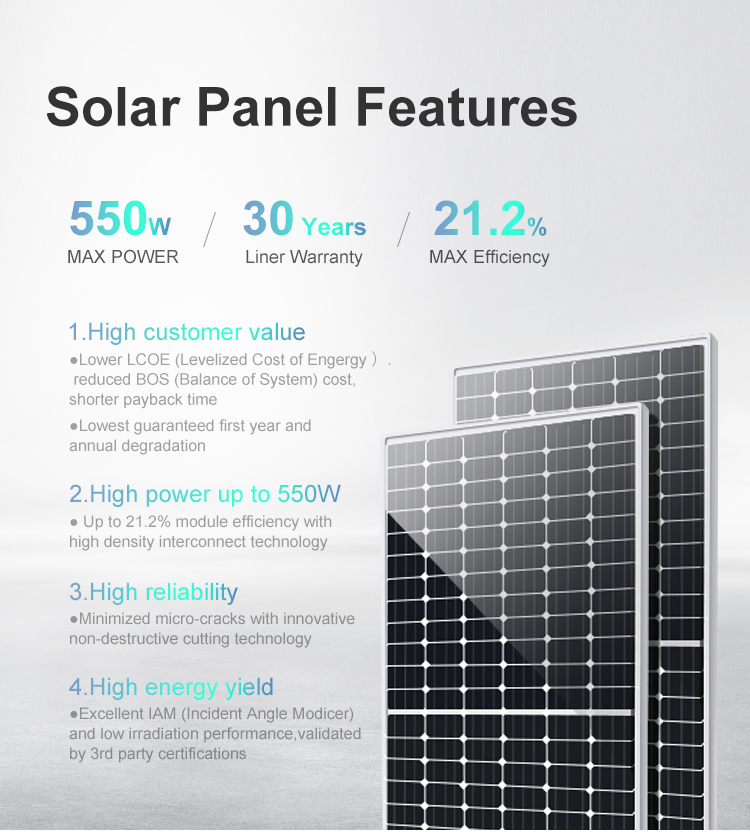
Durability
Because solar panels are exposed to the elements every day, their durability must be considered. Panels with good temperature coefficients can withstand extreme heat and continue to be produced at near-optimal levels. Some panels are constructed to support the weight of several inches of snowfall. You should choose solar panels that work best in your local climate and weather conditions.
Price
The price of residential solar panels will depend on the type of solar panels and their efficiency. While you may focus on the cost of your solar panels, the overall price of your solar panel system is what matters most.
Your best bet is to buy high-efficiency panels to help reduce the number of panels you need for your home. Buying cheaper, less efficient panels will cost you more money because you will need more panels to produce the same energy level and fewer, more efficient panels to achieve the same energy level.

